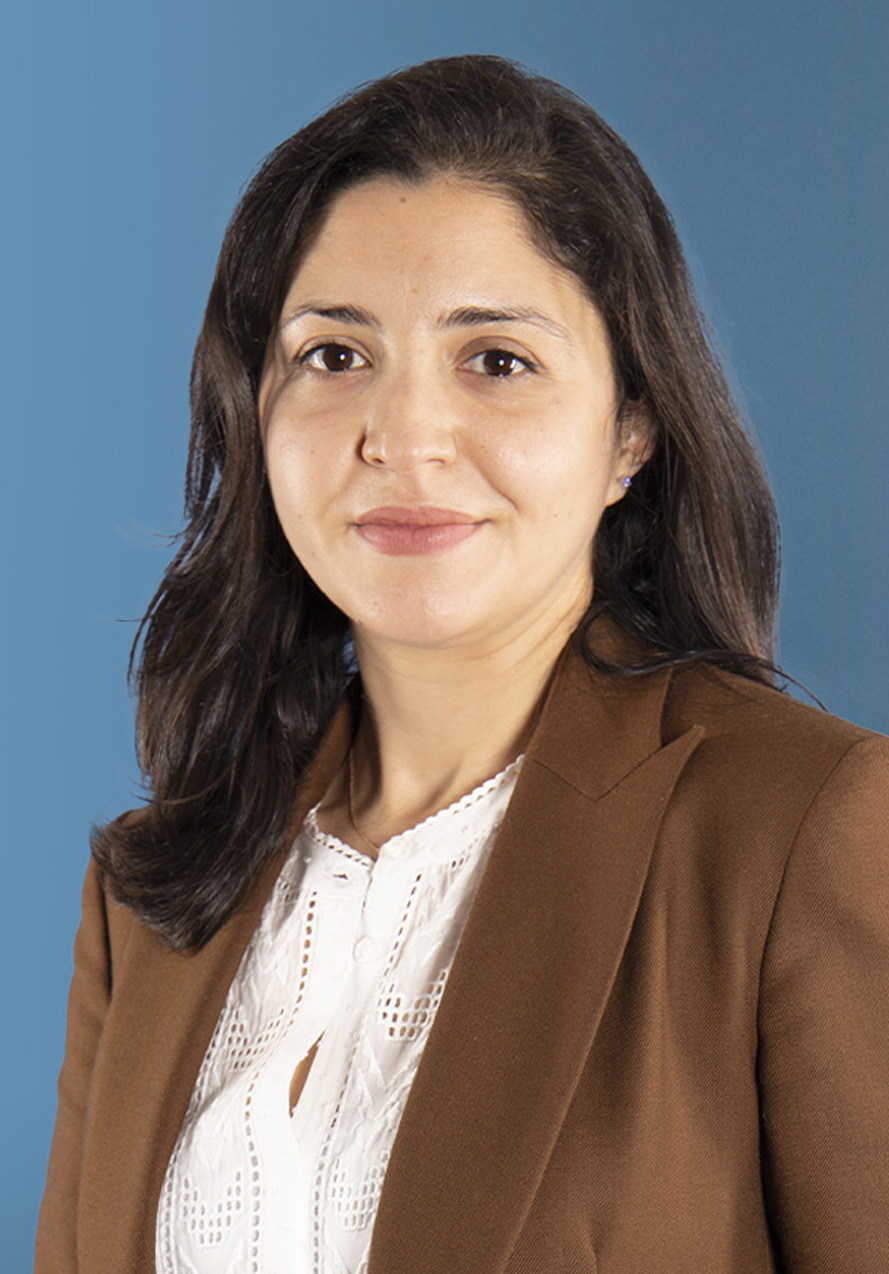The Second International Conference on Countering Violent Extremism : Collective Intelligence in Facing Terrorism and Building CVE/PVE Strategies
The Moroccan Observatory on Extremism and Violence is organizing its second International Conference on Countering Violent Extremism in partnership with the Policy Center for the New South, the Islamic World Educational, Scientific and Cultural Organization, The General Delegation for Prison Administration and Reintegration (DGAPR), and the Mohammedia League of Scholars.
The shift was also reflected in the change of strategies and tactics by terrorist organizations in multiple dimensions; in designing their objectives and priorities, in their narratives in their modes of attacks, and in their tools of connection and communication tools.
In Terms of responses, Global performance in addressing those threats has reached significant development, improvement and experience in responding against terrorist attacks, and in developing innovative tools to reduce violent extremism impact. Thus, challenges in combating terrorism and violent extremism as a cross-border phenomenon create a strong motivation for strengthening both international and regional cooperation and coordination in which North and South gap should be reduced.
It is significant to stress the urgent need today to apply for collective intelligence of different professional communities to face terrorism threats.
This conception aims to engage different stakeholders working in combating terrorism and violent extremism in an assessment to identify what works and what does not work during the last two decades in different forms of international cooperation and coordination.
We estimate at this stage that joint efforts to fight terrorism and violent extremism, requiring the promotion of an advanced version of cooperation based on collective intelligence in building Shared awareness, joint capacity building, and joint coordination among various actors in the field.
However, collective intelligence is not limited to regional and international experiences, but can also be applied to enhance coordination between different sectors and departments within a single country, in the way that could play the role of a lever to achieve coordination in building inclusive public policies and putting them on the ground.
The new generation of Cooperation might be promoted as the main key for reaching a collective intelligence based approaches that protects global security, reduces the cost of insecurity, and limits efforts to build sustainable development in the global south.
The second edition of the International Conference aims to provide the opportunity to different professional communities to discuss recent developments of terrorist threats in their various dimensions, and to evaluate the effectiveness of regional and international existing cooperation models in countering terrorism, and then assure a space where experts and researchers could collectively brainstorm innovative thoughts to keep pace with the new challenges of terrorism threats and violent extremism.
DAY 2
DAY 3










